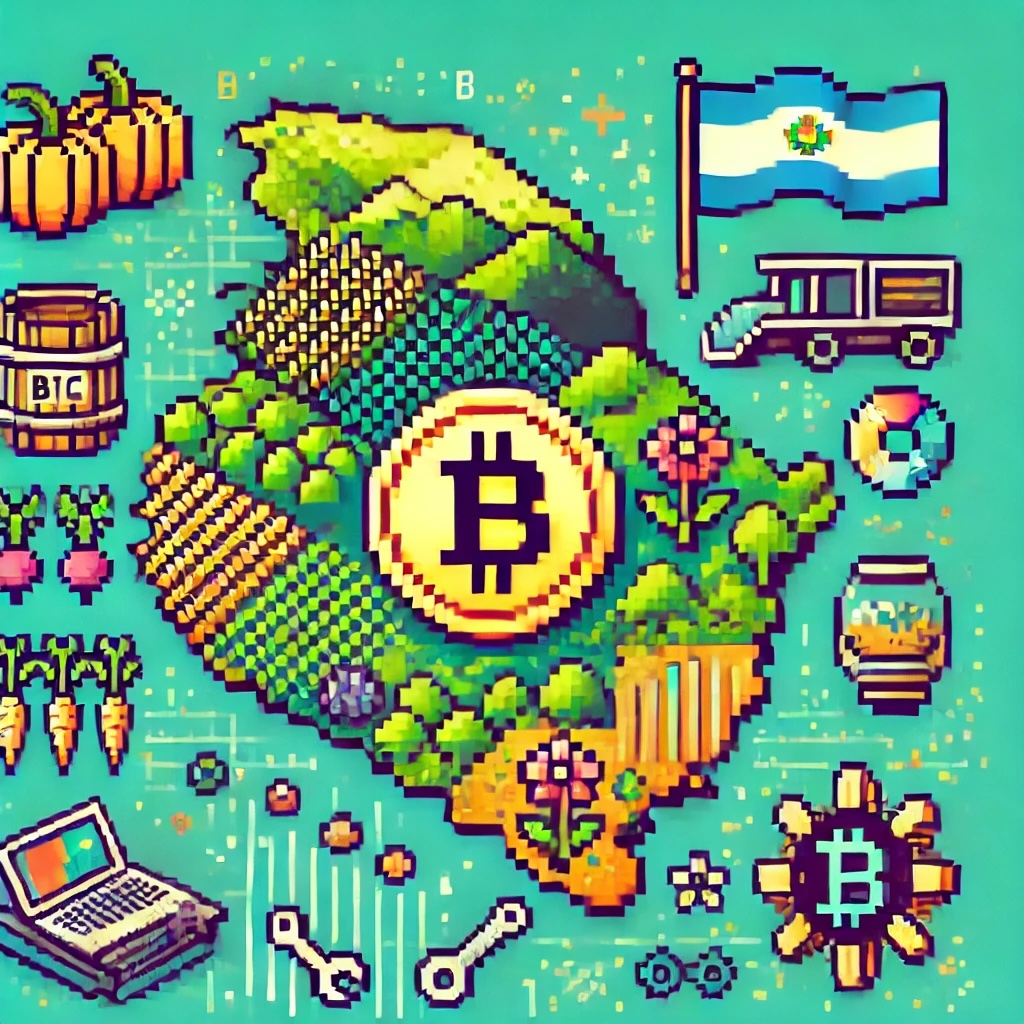El Salvador’s Technological Revolution
El Salvador has recently become a focal point for technological innovation under President Nayib Bukele. Born in Suchitoto during the civil war, I have observed this transformation from afar as a digital nomad living in Saint Petersburg, Russia. This article, the first in a series, explores how blockchain technology, financial services, and AI can drive growth in small countries like El Salvador.
El Salvador has traditionally faced economic challenges such as poverty, gang violence, and a reliance on remittances. President Bukele’s administration has prioritized technological innovation to address these issues. A significant move was the adoption of Bitcoin as legal tender in 2021, aimed at promoting financial inclusion, reducing remittance costs, and attracting foreign investment.
The government has also partnered with tech giants like Google to modernize its digital infrastructure, improve healthcare through telemedicine, and enhance education with AI tools. Bukele’s broader strategy involves shifting the economy from agriculture to technology, financial services, and tourism to create a more resilient and diverse economic base.
This series will delve deeper into these initiatives, examining their impact and future prospects, and propose potential AI legislation to ensure continued leadership in technology within Latin America.
